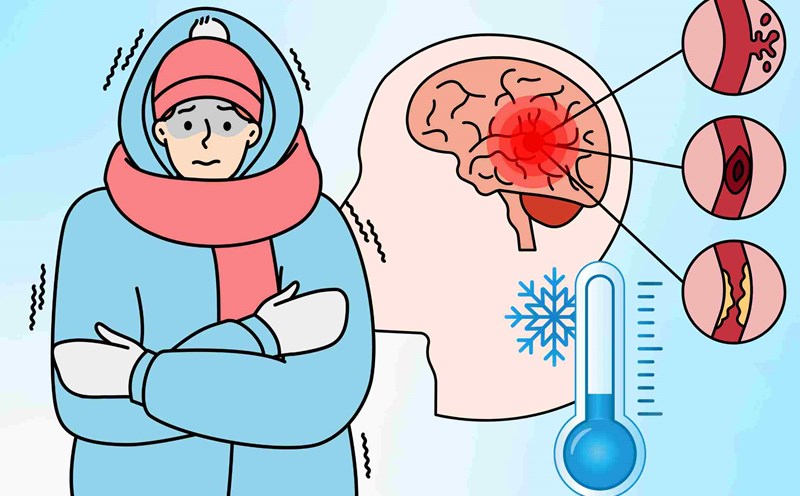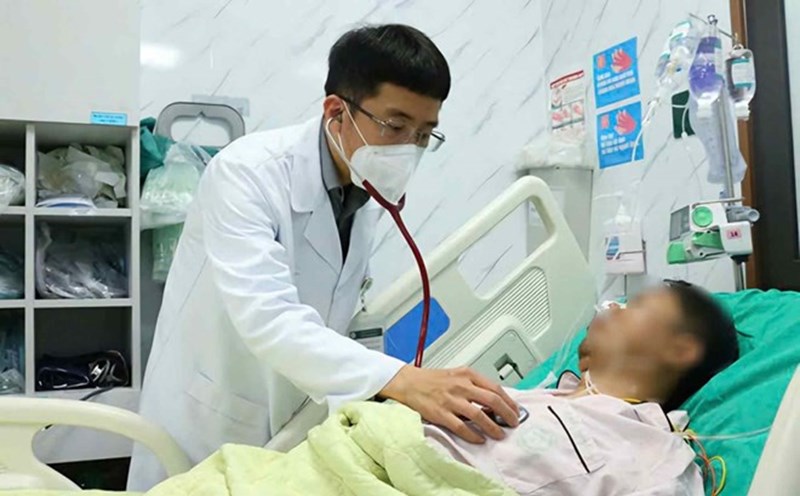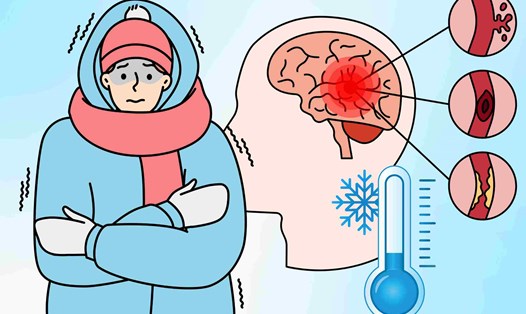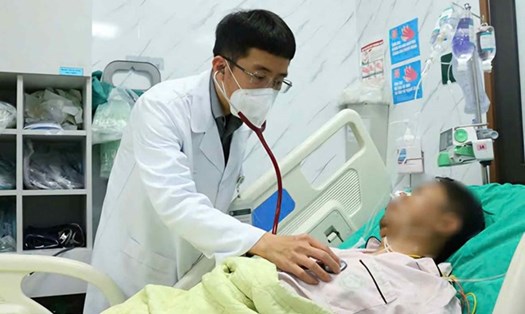Many people still believe that stroke only occurs in older adults or people with underlying diseases. However, according to Dr. Satwant Sachdeva, a senior neurologist at Manipal Hospital, Patiala (India), even those who seem healthy are not at risk.
S course of stroke occurs when blood flow to the brain is interrupted, causing adequate oxygen and nutrients, explains Dr. Sachdeva.
This condition can cause serious brain damage, leading to loss of mobility, language, and even death.
Potential risks that are easily overlooked
In addition to known factors such as high blood pressure and diabetes, Dr. Sachdeva says there are many other silent causes that can lead to stroke.
First of all, it is chronic stress and lack of sleep. When the body is in a state of prolonged stress, the hormone cortisol increases, causing damage to blood vessel walls, increasing blood pressure, which is the premise for stroke.
The second factor is dehydration. When the body does not have enough water, the blood becomes thicker, easily forming blood clots. A lack of water in the body increases blood viscosity, causing a higher risk of clogged blood vessels and stroke, says Sachdeva.
Third, unhealthy lifestyles such as smoking, extreme dieting or overtraining are also dangerous catalysts.
These habits damage blood vessels, reduce circulation and easily cause cardiovascular complications.
5 measures to help prevent stroke
Dr. Sachdeva recommends that stroke can be completely prevented if you maintain a scientific lifestyle and regular health check-up.
- Drink enough water every day to maintain blood circulation.
- Monitor your cardiovascular health regularly for early detection of frostbite or blockage.
- Know your family history of stroke or blood clotting disorder.
- Maintain a balanced lifestyle, avoid smoking, and strict diet.
- Exercise regularly, at least 30 minutes/day to help maintain stable blood pressure.
The importance of early recognition of stroke risk
The most worrying thing is that many people ignore the initial warning signs, says Dr Sachdeva. Symptoms such as headache, dizziness, weakness in the limbs or unusual fatigue are often mistaken for stress or exhaustion.
It is this subjectivity that causes patients to not receive timely emergency care. With stroke, every minute that passes decides the survival of brain cells, Sachdeva emphasized.
Stroke can happen to anyone and good health is just a problem if underlying risk factors are not controlled.
Early detection, proper prevention and maintaining a healthy lifestyle are the most effective vaccine against this dangerous disease.
(The article is for reference only, not a replacement for professional medical advice. Always consult your doctor if you have health questions).











